The Problem
Bowel Monitoring: A Hidden Challenge in Healthcare
Constipation is a common challenge faced by healthcare professionals, patients, and their families.
In elderly care and dementia units, one of the most overlooked yet critical health concerns are monitoring whether residents have regular bowel movements. Constipation, particularly when left untreated, can lead to severe medical complications, unnecessary hospitalizations, surgery and even death, and causes a significant strain on caregivers.
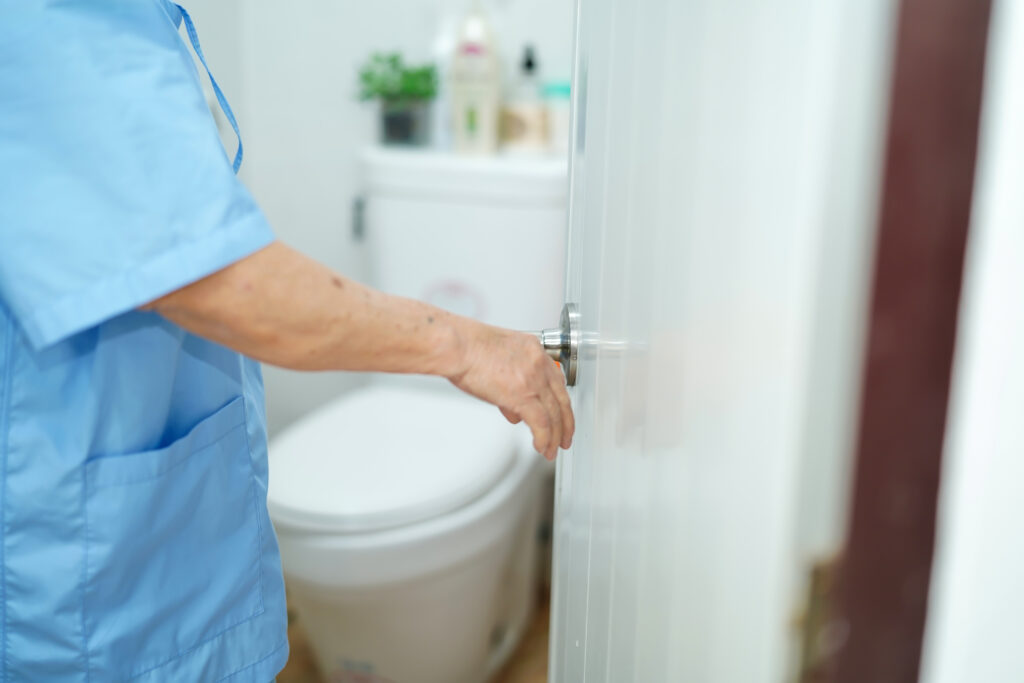
Why Is Monitoring Bowel Movements So Important?
Prolonged constipation can lead to intestinal obstruction (ileus)—a serious and sometimes fatal condition for elderly individuals. If not identified and treated early, it can result in:
- Hospitalization
- Surgery, which carries significant risks for elderly and dementia patients:
- Anesthesia may worsen dementia symptoms.
- For frail elderly individuals, surgery can be life-threatening.
- High Medical Costs
- A single day in intensive care can cost between 40,000–60,000 SEK.
- Treatment for intestinal obstruction typically involves at least a week of hospitalization.
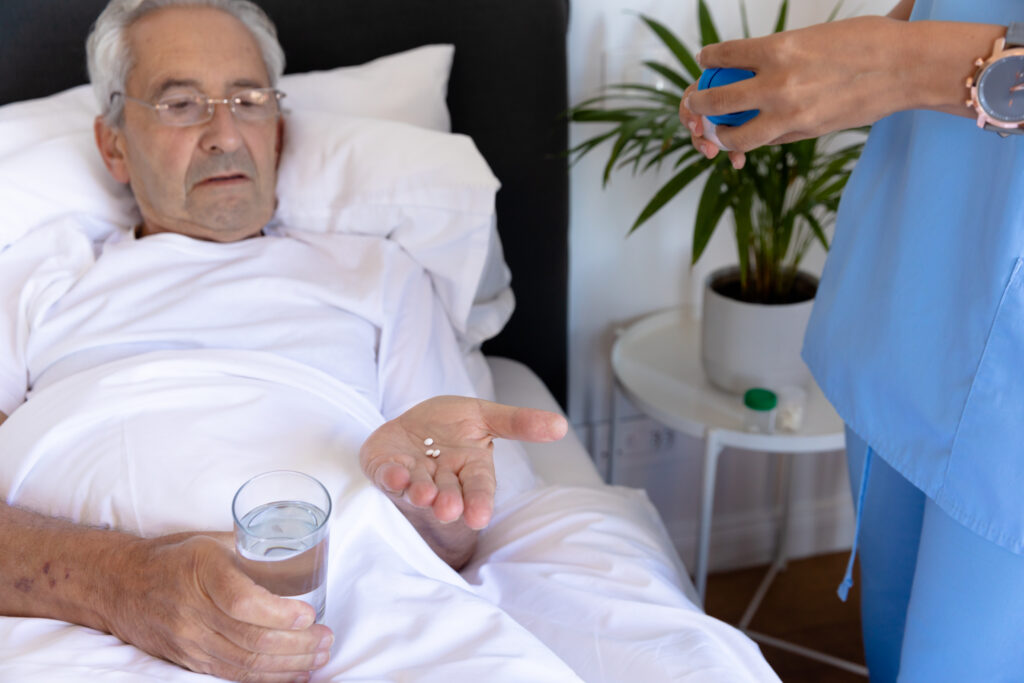
How Do Caregivers Detect and Diagnose Constipation Today?
Identifying constipation in elderly patients is challenging, as they often struggle to communicate their discomfort. Caregivers must rely on observed behavioral changes to detect potential issues, such as:
- Are they sleeping more than usual?
- Have they stopped eating?
- Is their blood pressure normal?
- Are their bowel movements regular?
Unfortunately, when asked about a resident’s bowel habits, the common response is:
“We don’t know.”
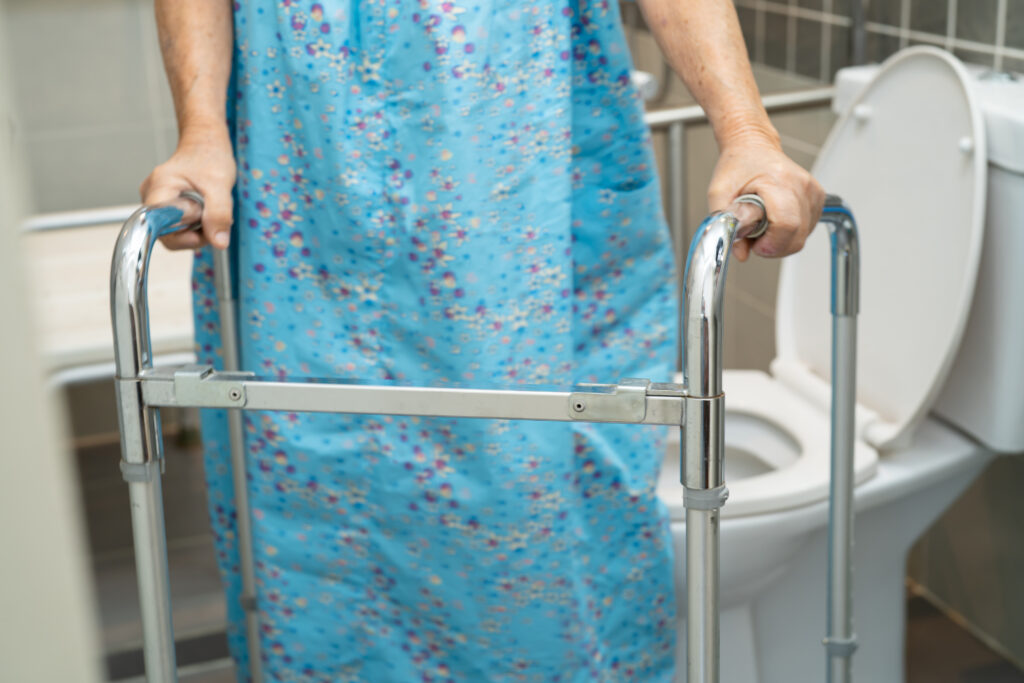
The Consequences of Untreated Constipation
Without proper monitoring of bowel movements, serious physical, emotional, and practical issues can arise—impacting residents, caregivers, and families alike.
For Residents
- Increased agitation – Patients may wander restlessly through the corridors.
- Social withdrawal – Some isolate themselves due to discomfort.
- Aggressive behavior – Pain and distress can trigger outbursts.
- Loss of appetite – Some residents stop eating altogether.
For Caregivers
- Additional work is required to investigate the cause of behavioral changes.
- These investigations can take up to a week, adding 1–2 extra work hours per patient per day.
- In facilities with 50 dementia patients, the cumulative workload becomes overwhelming.
For Family Members
- Relatives may encounter distressing cleanup situations caused by incorrect medication.
- They can sense that their loved one is unwell but are left without answers.
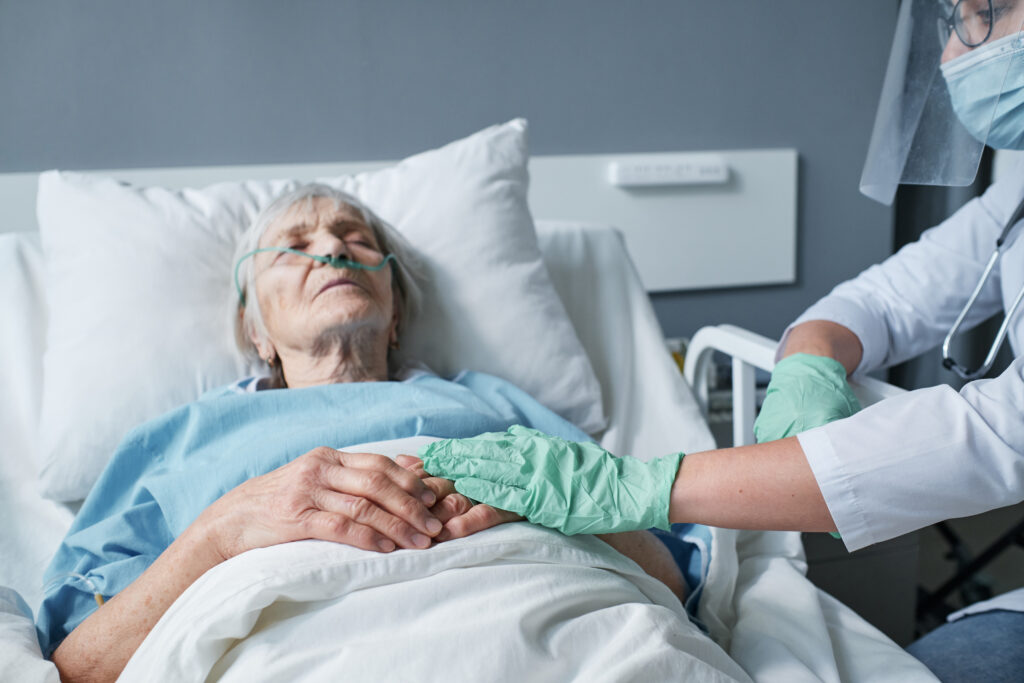
Monitoring Bowel Movement - Medical Challenges: Treating the Wrong Problem
Laxatives are often administered when constipation is suspected. However, when given without accurate information, they can lead to unintended consequences, including diarrhea, causing additional hygiene challenges such as:
- Frequent toilet visits
- Accidents requiring extra cleaning, laundry, and bed changes
- Increased caregiver workload, often requiring 1–2 staff members per incident
- Elevated risk of dehydration
- Delays in attending to other residents’ care needs
The Need for Better Monitoring Solutions
- Many caregivers are involved in managing bowel-related incidents.
- A considerable amount of time is spent monitoring and documenting bowel movements.
- Patients can be hospitalized due to undiagnosed constipation.
- Staff often find it stressful to manage agitated patients—sometimes caused by untreated constipation.
- A significant amount of time is spent dealing with unruly behavior, which is frequently linked to constipation.
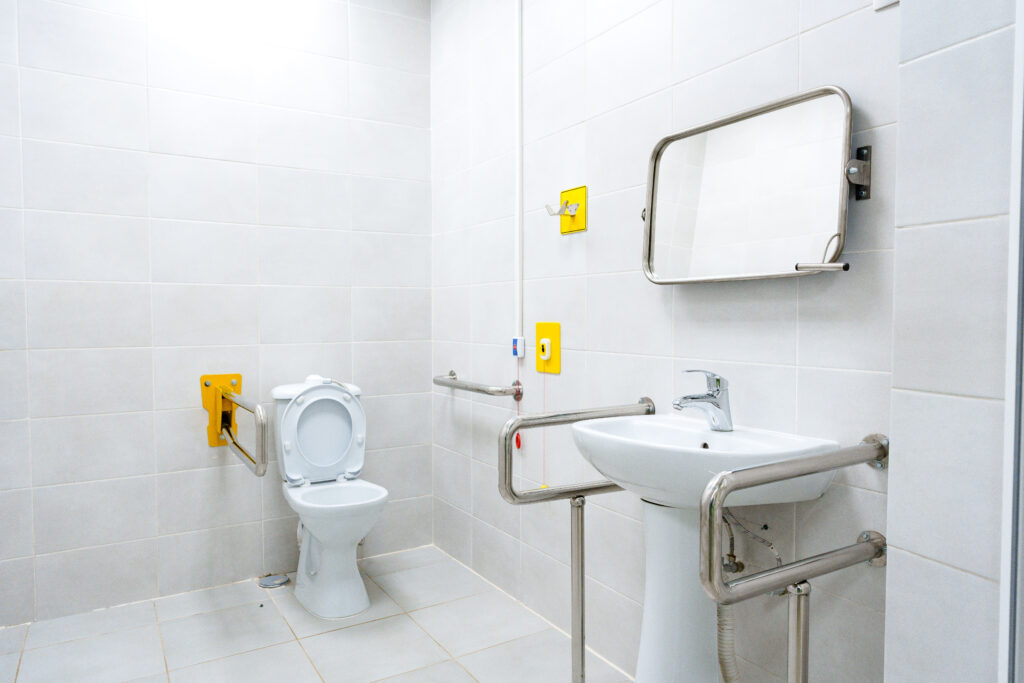
ZenSeat- monitoring made simple
A case study has shown that in a care unit with 14 residents, at least 3 suffer from chronic bowel issues. However, due to the lack of reliable information, sudden problems in other residents often go unnoticed until they escalate into medical emergencies.
A better system for tracking toileting habits in dementia and elderly care is now available—one that enables early detection and intervention to prevent unnecessary suffering, reduce the risk of hospitalization, ease the burden on caregivers, and provide peace of mind for families.